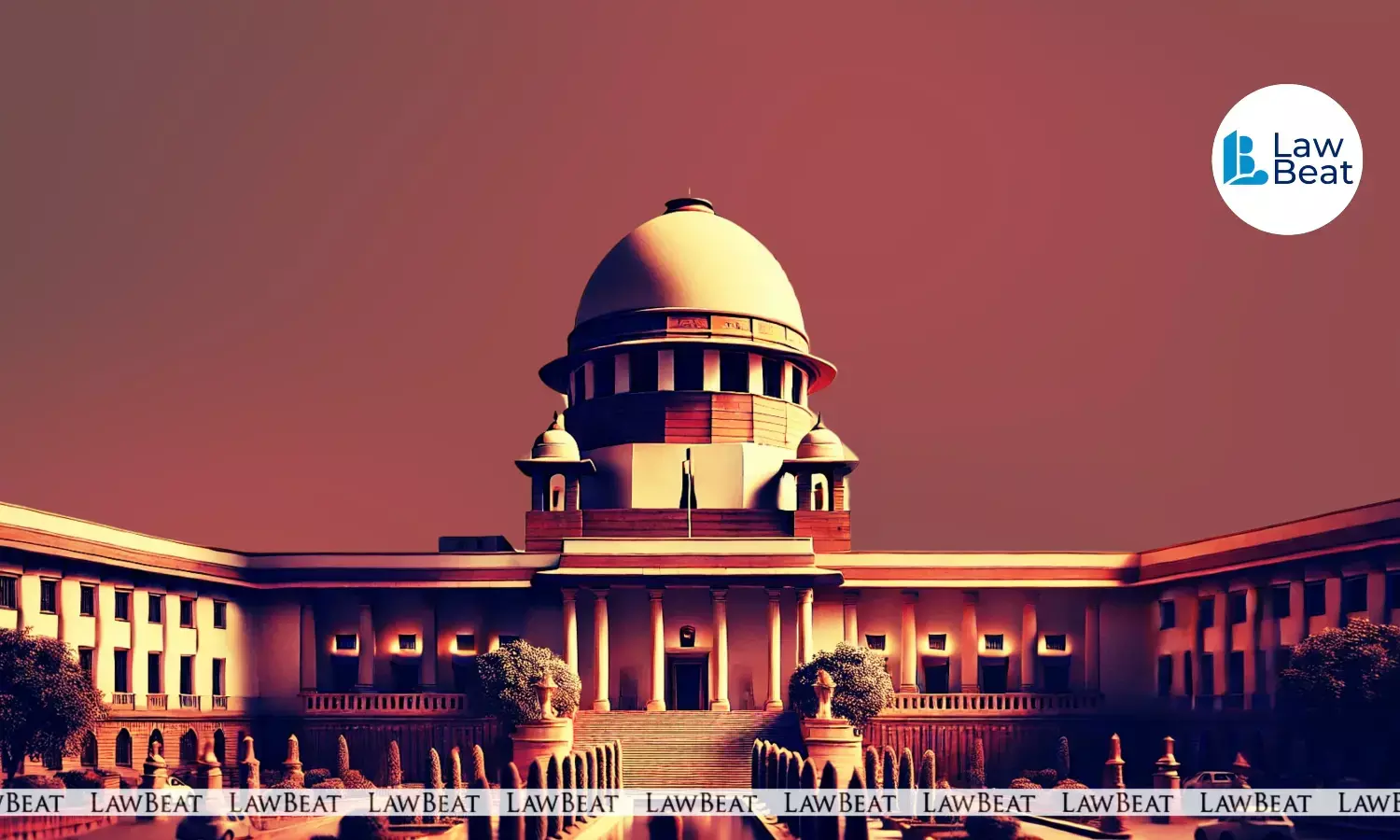Supreme Court Declines To Hear Plea Challenging Bodh Gaya Temple Act, Asks Petitioner To Approach HC

The Supreme Court on Monday refused to entertain a Writ Petition challenging the constitutional validity of the Bodh Gaya Temple Act, 1949, which governs the management of the historic Mahabodhi Temple in Bihar, the site where Lord Buddha is believed to have attained enlightenment.
The Bench of Justice M M Sundresh and Justice K Vinod Chandran declined to exercise its jurisdiction under Article 32 of the Constitution, advising the petitioner to first approach the jurisdictional High Court for appropriate relief.
"We are not inclined to entertain the petition under Article 32 of the Constitution of India. However, liberty is given to the petitioner to approach the High Court," the Bench observed during the brief hearing.
The petition filed through AoR Jaydip Pati sought to declare the Bodh Gaya Temple Act, 1949 as ultra vires the Constitution, contending that it violates the fundamental rights of Buddhists to manage their own religious institutions, as protected under Articles 25 and 26.
The Act currently permits Hindu majority representation on the Mahabodhi Temple Management Committee, a provision that has sparked repeated demands for reform by Buddhist groups and political leaders. Located in Bodh Gaya, the Mahabodhi Temple is a UNESCO World Heritage Site and one of the four most sacred pilgrimage spots associated with the life of Lord Gautam Buddha. The temple complex houses the sacred Bodhi tree, under which the Buddha attained enlightenment, along with the Vajrasana, votive stupas, and six other holy sites. A seventh sacred site, the Lotus Pond, lies just outside the main enclosure.
The petition also highlights alarming concerns over the alleged neglect and mismanagement of the sacred Bodhi tree, under which the Buddha is believed to have attained enlightenment. Citing findings of a committee from the Archaeological Survey of India (ASI), the petitioner claimed that the Bodhi tree is in danger of decay due to mismanagement under the current administrative structure.
The Ogawa Society has sought a declaration from the Supreme Court that the Bodh Gaya Temple Act, 1949 is unconstitutional, asserting that it violates the fundamental rights of religious denominations to manage their own affairs.
The Society contends that the Act's structure, which includes a majority of Hindu members on the Temple Management Committee, is inherently discriminatory and contrary to the spirit of religious autonomy enshrined in the Constitution.
The petition also seeks a directive restraining non-Buddhists from performing non-Buddhist rituals within the Mahabodhi Temple premises, arguing that such practices dilute the sanctity and religious character of the site.
Case Title: Sulekhatai Nalinitai Narayanrao Kumbhare v. Union of India
